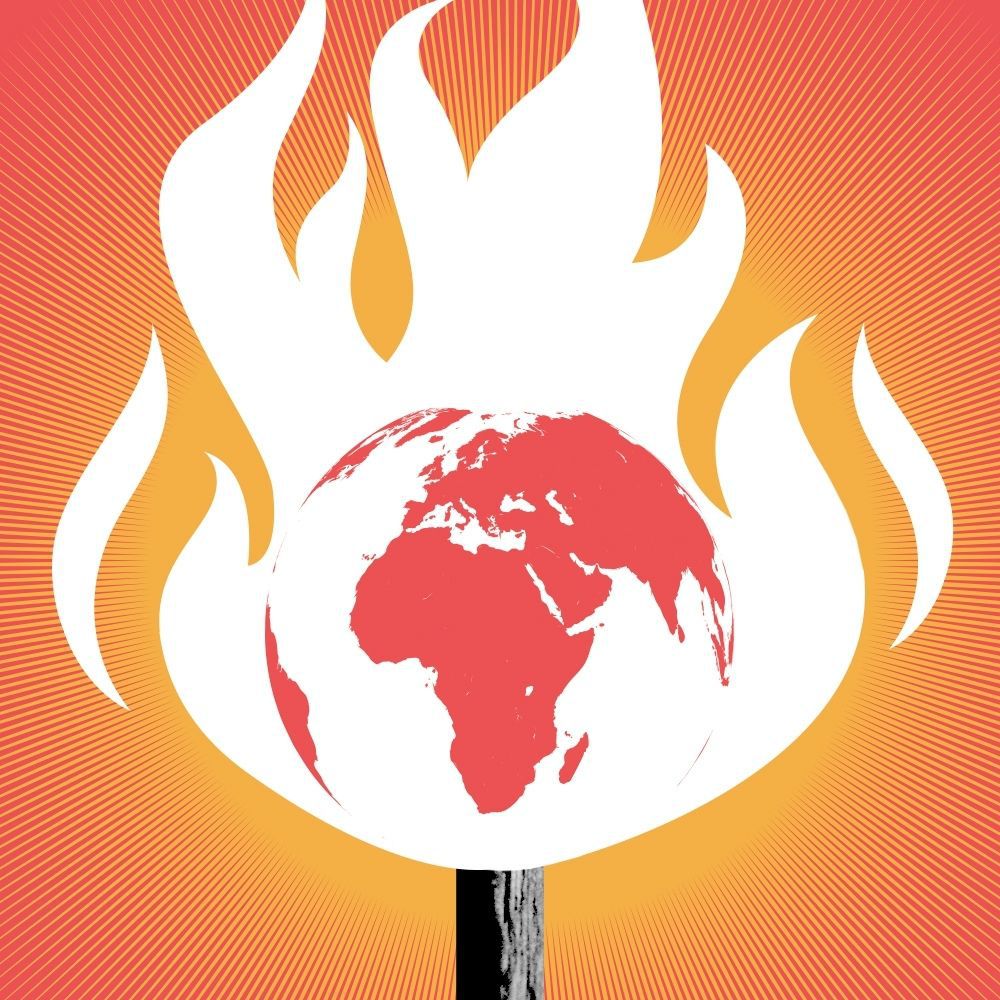Last week, the UN Secretary-General António Guterres called for urgent action to address extreme heat. Drawing attention to increasing global temperatures and the health and economic impacts of the climate crisis, the Secretary-General called for urgent actions to care and protect vulnerable populations, safeguard workers, and boost the resilience of economies and societies using data and science. He also called for concerted efforts to implement measures to mitigate the severe impacts of extreme heat.
Professor Debra Jackson, Takeda Chair in Global Child Health at the London School of Hygiene & Tropical Medicine and HIGH Horizons Project Deputy Coordinator, said: “We support the UN Secretary-General’s call for action on extreme heat and are happy to see that pregnant women and young children are highlighted as highly vulnerable groups. We are also pleased to see particular mention of the need for early warning systems and health systems strengthening to combat the impacts of extreme heat.
“Vulnerable groups are disproportionately affected by the climate crisis and urgent action is required. HIGH Horizons’ ongoing research is already responding to the UN Secretary’s call to action by examining and taking steps to address heat impacts on maternal, newborn and child health and health workers in the EU and Africa.”
Funded by the EU and UKRI, HIGH Horizons is a four year project involving 11 partners from across 10 countries. The project is developing global and national monitoring indicators and a digital early warning system, as well as evaluating existing cooling measures and monitoring CO2 emissions at health facilities to find cost-effective solutions to reduce them.

